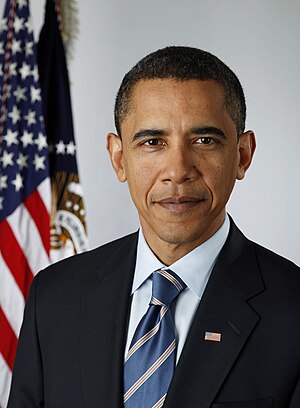In the end, it was easy. Despite the breathless insistence of Wolf Blitzer and the television pundits that it was “too close to call”, Mitt Romney never came near preventing the re-election of President Barack Obama.
Nate Silver predicted it. So, weirdly, did Bob Dylan. So in future, it seems, when you want to know who’s going to win an American election, you should either ask a scientific statistician, or a wizened troubadour in a cowboy hat. Perhaps next time America votes, they should be given a TV show together: Nate & Bob’s Election Night Special.
The media called the election wrong, and now they’re scurrying around trying to construct narratives of President Obama’s formidable campaign machine to explain it.
But watching from afar — and this is only an outsider’s view — I wonder if perhaps they failed to look closely enough at the most fundamental players, the electorate.
On election night, President Obama said he had the voters, all he had to do was get them out, make sure they made it to polling stations. At the time, it was easily dismissed as the confident talk that is de rigeur from candidates — Mr Romney had just announced that he’d only written a victory speech, he hadn’t even bothered deciding what he’d say if he lost.
But, as it turned out, Mr Obama was right If you look at the breakdown of the vote, he had powerful support in so many sections of the population: women, African Americans, Hispanic people, young people. As he was quick to seize on his soaring victory speech, he had support from seemingly every corner of American society.
In the run-up to the election, the Republicans insisted they had the “silent majority” in America, who would emerge in their millions and sweep Mr Obama from power. It’s hard to see quite how they saw themselves as the “silent” part of society, amid the neverending noise from the Tea Party and the relentless bellyaching of conservative radio hosts and Fox News pundits.
But more crucially, where they appear to have erred, and where the media followed them, is in believing that because they were the most vocal, they must be the majority.
There was a silent majority in the US, and it came out on Tuesday to vote for President Obama.
The other narrative of the election was supposed to be the state of the US economy — James Carville’s “it’s the economy, stupid” is, of course, the mantra of American elections. Mr Romney tried hard to sell himself as the experienced businessman who could turn things round, while the experts pointed out that presidents rarely win re-election with the economy in as bad a state as it is.
But watching jubilant Obama supporters on Tuesday night, and reading reactions on the internet, I’m not sure it was about the economy.
Americans have an unusual system, in that their president is both head of government and head of state. They were voting to choose a chief executive to deal with the business of government — but also a leader who would symbolise their nation, their hopes and dreams.
And I wonder if it was there that Mr Obama’s inclusive message was decisive. The economy might have been in a mess, but one candidate was standing for an idea of America that was all about excluding, a country of traditional religious values where women would have abortion choices made for them and immigrants were not welcome, while the other stood for a nation that belonged to all its people.
During that victory speech, as Mr Obama found at last that voice from 2008 that had eluded him all through the campaign, when he spoke of a vision of America that was grand enough and noble enough to stand alongside the words of its founding fathers, it was hard to escape the suspicion that Americans voted this week for the dream of 2008, not in a spirit of nostalgia, but in determination, even in the face of economic hardship, not to let that dream die.



Leave a Reply